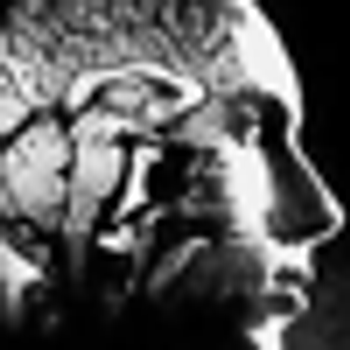
Adequate treatment of the underlying psychiatric illness consistently appears to be the most effective use of medication in suicidal patients.


Adequate treatment of the underlying psychiatric illness consistently appears to be the most effective use of medication in suicidal patients.

During their time in Ayacucho, these visiting psychiatrists learned that American psychiatric training has wide-reaching cultural value.

The responsibility for improvement was placed on psychiatrists: diagnostic skills had to be improved and patients and their families and caregivers as well as the general public needed to be better educated about the disorder and treatment options.

Patients with bipolar disorder need a great deal of information about the illness. Without this education, adherence to your recommendations is uncertain; with it, outcomes will likely be better (and your job easier).

In his book, How We Age: A Doctor’s Journey Into the Heart of Growing Old, Dr Marc Agronin helps reduce the stigma of ageism and provides clinical guidance for seasoned geriatric psychiatrists, primary care clinicians, and medical students alike.

In Part 3 of this 3-part series, Dr Dilsaver discusses dichotomization versus a continuum model and concerns that bipolar disorders are over-diagnosed.

Several available agents in addition to methylene blue are being investigated for bipolar disorder and were in a in a recent review.

A study presented by Canadian investigators at the 24th Congress of the European College of Neuropsychopharmacology (ECNP) in Paris, September 5 evaluated whether methylene blue can reduce residual symptoms of depression and mania in bipolar disorder.

Are antidepressants active placebos or lifesavers? Are they overprescribed? Are clinical trials of these drugs insufficient?

Dear Mrs. -- You have asked me about the cause of your mood disorder, and whether it is due to a "chemical imbalance."

Treatment resistance in bipolar disorder is clinically familiar but lacks a standard definition. Numerous evidence-based treatments exist for all phases of bipolar disorder, and these should be optimized and fully explored.

I would recommend it for medical students who have been thrust into the role of primary decision maker for their patients, and clinicians who would appreciate a pocket supervisor to help them make treatment decisions.

Anyone working in the mental health field will recognize that in patients with extreme irritability, explosive behavior, or quick mood changes, bipolar disorder (BD) is often unquestionably diagnosed.

The evidence-based approach to bipolar depression symptoms includes treatment with lithium, conventional unimodal antidepressants, lamotrigine, or divalproex.

Mixed depression is defined as a major depressive episode (MDE) with concurrent manic or hypomanic symptoms that are insufficient in number for a patient to meet the criteria for mixed hypomania.

Mixed states constitute a wondrously variegated universe of psychopathology. These states are characterized by the intrusion of features characteristic of depression into states of hypomania or mania and the converse. Mixed states assume a myriad of forms that as a family may be among the most commonly encountered states of affective illness.

Critics have noted that meta-analysis, when misused, resembles statistical alchemy, taking the dross of individually negative studies to produce the gold of a positive pooled result.

The team approach to dementia psychiatry services requires leadership for direction, decision making, and policy changes in order to make the process efficient and beneficial for all involved.

As I was driving to work on February 10, 2010, I listened to the National Public Radio host Melissa Block talking about how children labeled “bipolar” may get a new diagnosis. I was shocked that the chair of one of the DSM5 work groups, David Shaffer, MD, would discuss a controversial diagnostic topic with the media.

Which medications have typically been used as first-line treatment for acute mania? Is comorbidity the rule or the exception in patients with bipolar disorder? These questions and more in this week's quiz.

In the debates around DSM-5, a central figure has been Allen Frances, whose views seem to elicit sympathy from many unhappy with the DSM system (the 4th edition of which Dr. Frances led).

An Overview of Antipsychotic Use in Older Adults

The DSM-5 looms, prompting mental health professionals, clients, and caretakers to look ahead with a mixture of eagerness, dread, and bewilderment. As we look at the state of things now and project forward toward possibilities for the future, it pays to also look back into the past.

In addition to their use in the management of epilepsy, anticonvulsants are indicated for management of bipolar disorder, mania, neuralgia, migraine, and neuropathic pain.

Mark Twain observed that "the past may not repeat itself, but it sure does rhyme." An unfortunate rhyme in psychiatric history is the recurrence of fad diagnoses. Childhood Bipolar Disorder is the most dangerous current bubble, with a remarkable forty-fold inflation in just one decade.